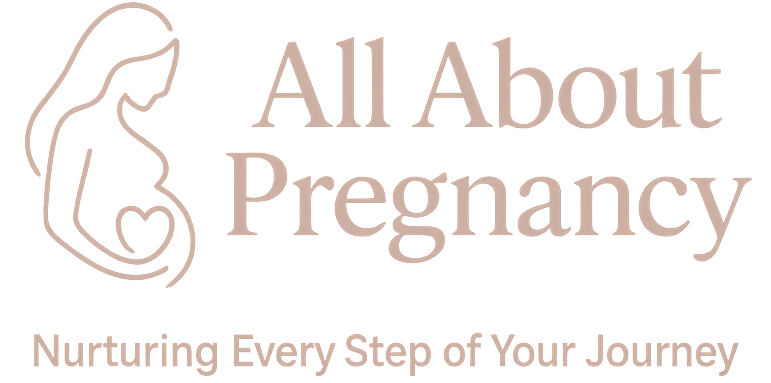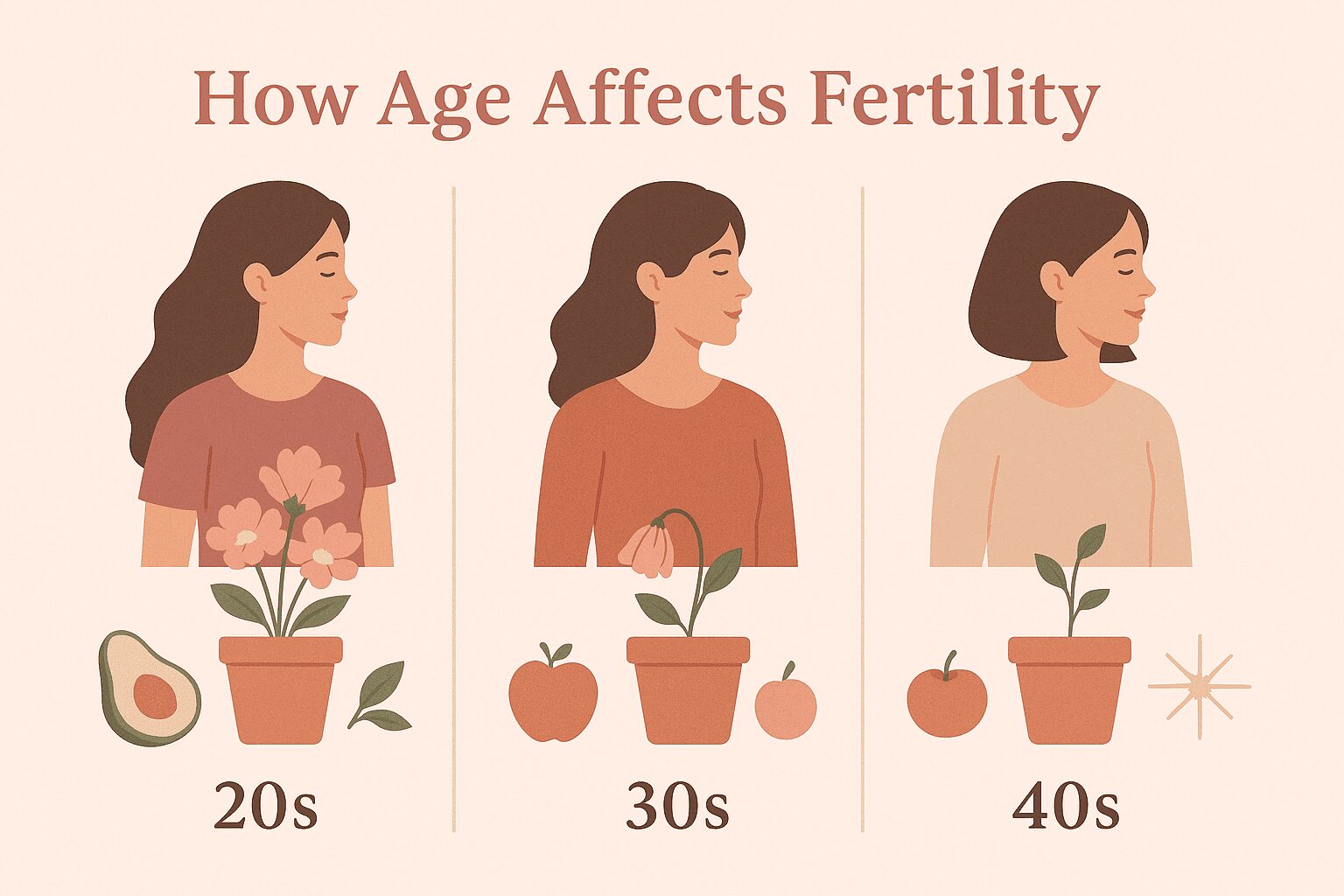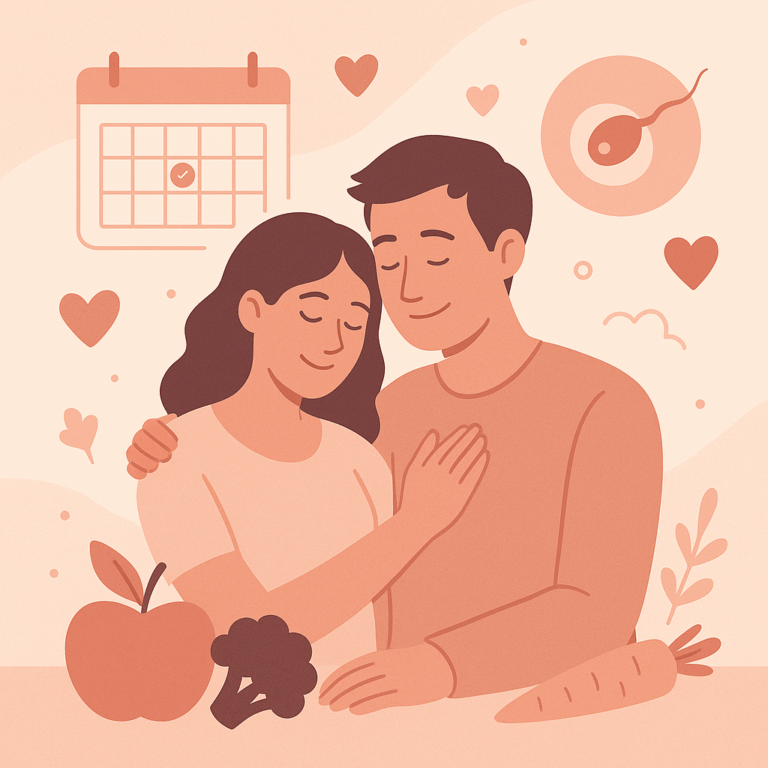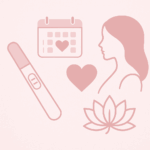Introduction:
Fertility is closely tied to age—especially for women. While many women now delay pregnancy due to careers or personal choices, it’s essential to understand how age impacts reproductive health. This post explains fertility trends by age group and offers tips for maximizing fertility at every stage.
Fertility in Your 20s
- 🟢 Peak Fertility: The early to mid-20s is when most women are at their most fertile.
- Higher egg count and quality.
- Best time biologically to conceive.
Considerations:
- Many couples wait for stability (financial, emotional, etc.)
- Ideal time for fertility preservation discussions if delaying childbearing.
Fertility in Your 30s
🟠 Early 30s:
- Still relatively fertile, but egg quality starts declining slowly.
- Pregnancy chances per cycle: ~20%
🟠 Mid-to-Late 30s (35–39):
- Fertility decline becomes steeper.
- Risk of miscarriage increases.
- Higher chances of chromosomal abnormalities in eggs.
Tips:
- Begin fertility assessments by 35 if not pregnant within 6 months of trying.
- Consider egg freezing if future conception is planned.
Fertility in Your 40s
🔴 Early 40s (40–44):
- Fertility drops significantly.
- Pregnancy chances per cycle: ~5%
- Higher miscarriage and genetic risk.
🔴 45 and Beyond:
- Natural conception is rare.
- Most pregnancies in this age group involve assisted reproduction (IVF, donor eggs).
Male Fertility and Age
- Unlike women, men produce sperm throughout life.
- Sperm quality begins to decline slowly after 40.
- Increased risk of DNA fragmentation and lower motility.
What You Can Do at Any Age
- Track ovulation using apps or LH strips.
- Eat fertility-friendly foods (see previous blog!)
- Maintain a healthy BMI
- Avoid smoking, alcohol, and environmental toxins
- Reduce stress with yoga, meditation, or therapy
When to See a Fertility Specialist
- Women under 35: trying for 1 year with no success
- Women 35+: trying for 6 months
- Irregular periods or known conditions (PCOS, endometriosis)
Conclusion:
Age is just one factor in fertility, but it’s a significant one. Understanding how your reproductive health changes over time can empower you to make confident, informed decisions—whether you want children now or in the future.







